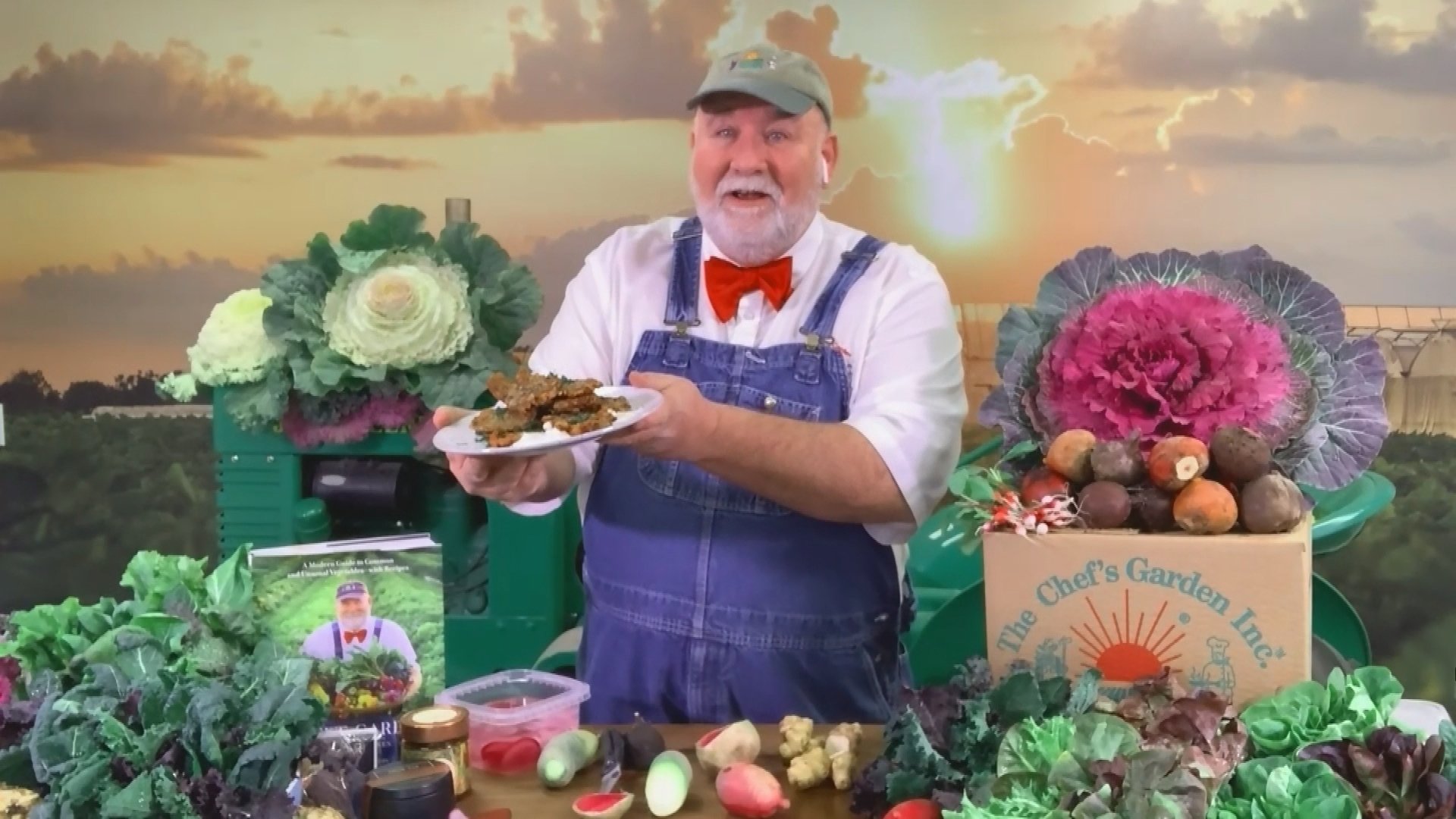

Sunchokes are SO Versatile—Here's How to Cook With Them

Q&A with Organizational Pro Peter Walsh + Dermatologist Shares A…

Actor Hank Azaria + Freezer Meals + Artichokes 2 Ways with Rach

See Inside Barbara Corcoran's Stunning NY Apartment + It's Steak…

How to Make Chicken and Lobster Piccata | Richard Blais

Donnie Wahlberg Spills Details About NKOTB's First Ever Conventi…

Donnie Wahlberg + Jenny McCarthy Say Rach Is Such a "Joy" + Look…

The Best Moments From 17 Seasons of the Show Will Make You Laugh…

How to Make Crabby Carbonara | Rachael Ray

Rach Chats "Firsts" In Flashback From Our First Episode Ever In …

How to Make Apple-Cider Braised Pork Chop Sandwiches with Onion …

Rach's Chef Pals Say Goodbye to Show in Surprise Video Message

How to Make Sesame Cookies | Buddy Valastro

How to Make Tortilla with Potatoes, Piquillo Peppers and Mancheg…

How to Make Shrimp Burgers | Jacques Pepin

How to Make Spanakopipasta | Rachael Ray

Andrew McCarthy Chokes Up Discussing Emotional Trip to Spain wit…

Celebrity Guests Send Farewell Messages After 17 Seasons of the …

Celebrity Guests Send Farewell Messages After 17 Seasons of the …

Andrew McCarthy Teases Upcoming "Brat Pack" Reunion Special

Michelle Obama Toasts Rach's 17 Years on the Air With a Heartfel…
Farmer Lee Jones, a friend of Rachael's and longtime farmer in Ohio, grows sunchokes (AKA Jerusalem artichokes), a root-veggie in the sunflower family on his farm—and he explains how versatile they are and why you shouldn't be afraid to give them a try. The white flesh is nutty, sweet, and crunchy like chestnuts when raw. When you bake them in their skins, they become more like potatoes with a mild taste of artichoke hearts.
"Sunchokes are one of the best vegetables in the winter time and they last forever. They're so versatile because you can eat these raw. They have a bit of a chestnut flavor to them," says Farmer Lee. "It's different from a potato in that you can eat it raw, whereas a potato you can't eat raw—well you can, but it's not very good."
But, since sunchokes are versatile, you can cook them and make some incredible dishes, too. Grated or thinly sliced, they add a bit of crunch and texture to a raw green salad. Much like potatoes, you can also steam, boil, or microwave them. "They're just so full of natural sugar you can actually cook them 10 to 15 minutes, smash it down, and actually they're amazing." Farmer Lee says that once you try this snack, you'll be absolutely hooked.
Get Farmer Lee Jones' Smashed Jerusalem Artichoke recipe here.
"You can boil them, you can steam them, you can drain them, you can cook them down and smash them and turn them into a kind of a hash brown," says Farmer Lee. The options are truly endless when it comes to sunchokes. Definitely worth picking them up the next time you're at the grocery store—and other winter vegetables like radishes, as well.
You can store them in the fridge in a plastic bag for up to 7-14 days, but these do not freeze well.


